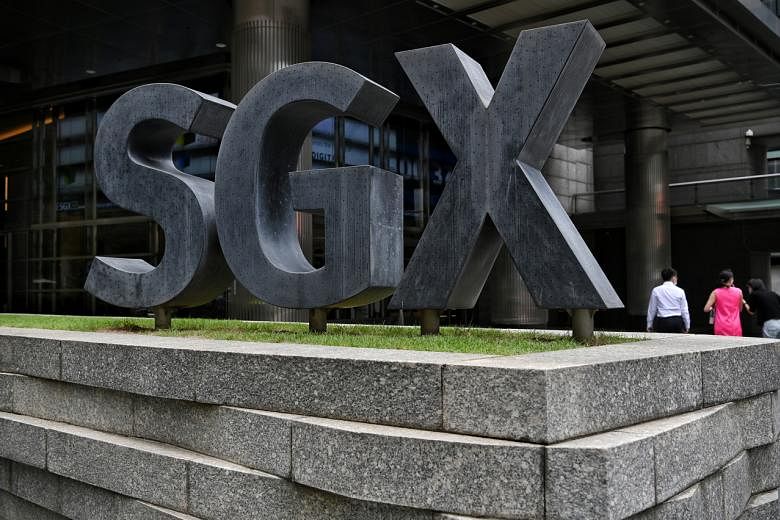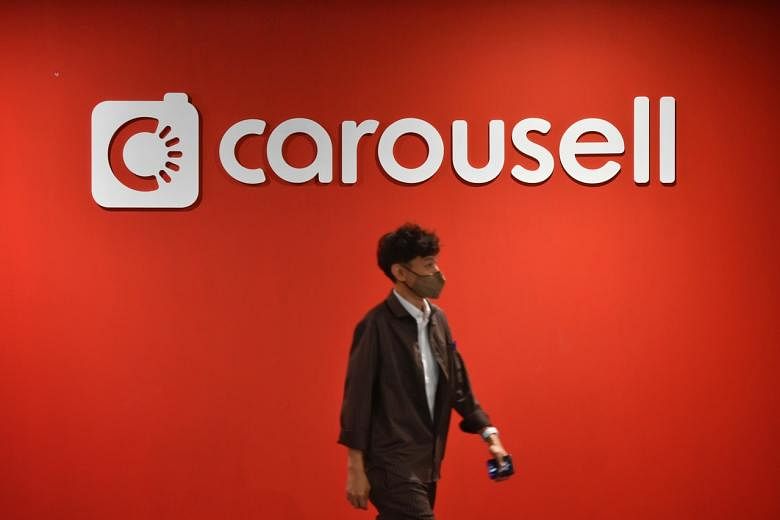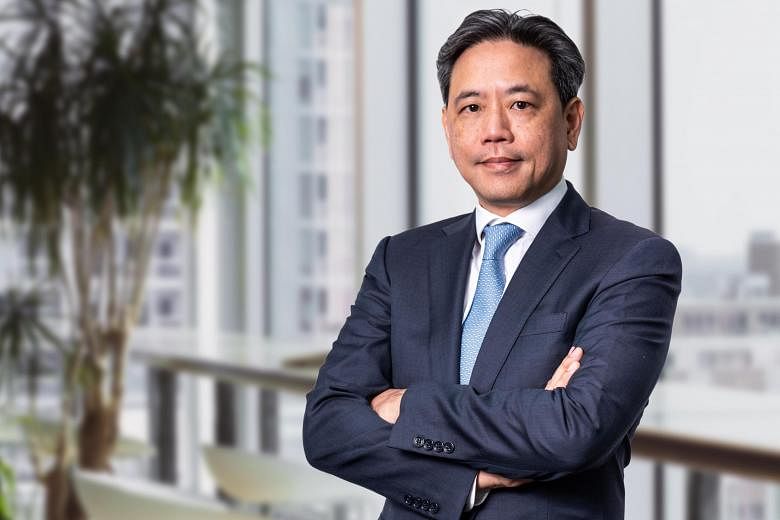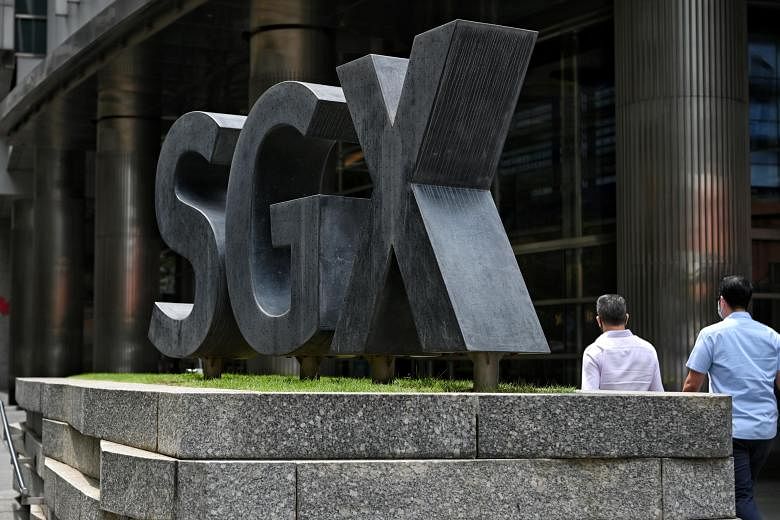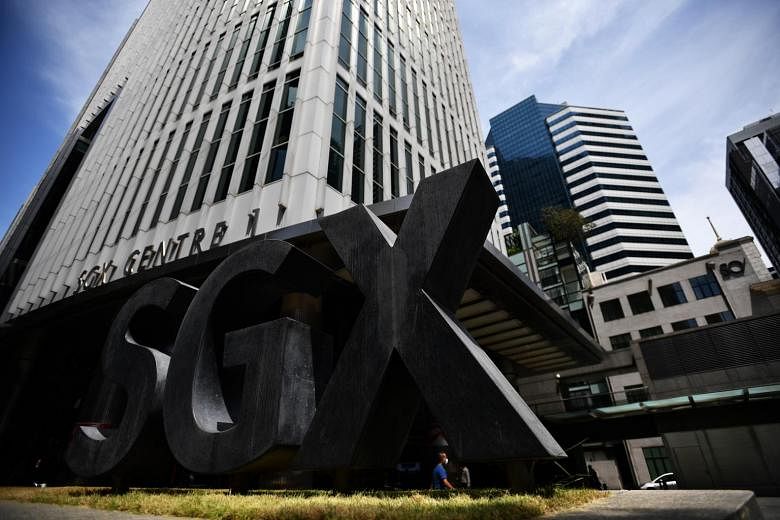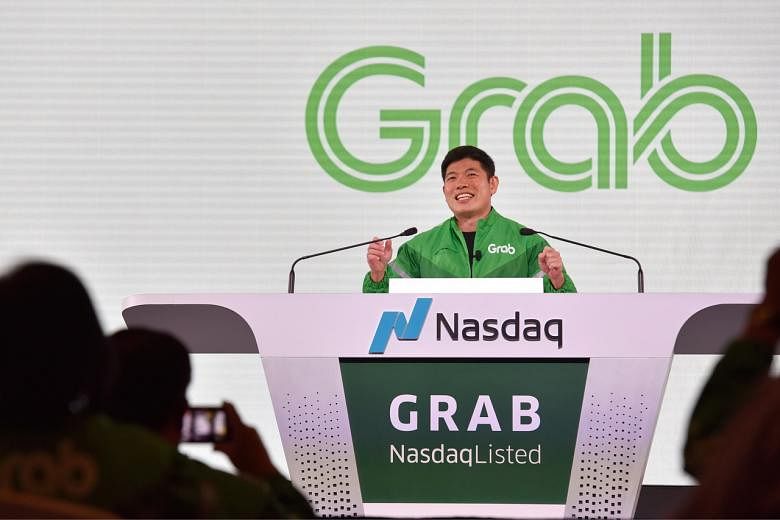5 things to note about Spacs
Like any new stock market investment, Spacs come with risks and retail investors will need to understand how they work. PHOTO: BT FILE
David Gerald
NOV 21, 2021
Any time over the next few weeks, the first special purpose acquisition company or Spac is
expected to list on the Singapore Exchange (SGX).
This was recently disclosed by SGX chief executive officer Loh Boon Chye and comes after the SGX introduced new rules in September to enable the listing of this new type of initial public offering (IPO).
Spacs are an innovative way of raising capital that is gaining popularity round the world, with the US leading the way - in 2019, 59 were created, with US$13 billion invested; last year, 247 were created, with US$80 billion invested; and in the first quarter alone of this year, 295 were created, with US$96 billion (S$130 billion) invested.
Then there is this remarkable fact: Last year, Spacs accounted for more than half of new publicly listed United States companies.
Many exchanges outside of the US are now rushing to claim a piece of the Spac pie and it should be no surprise therefore that SGX is also looking to attract Spacs to grow the local stock market.
Like any new stock market investment, Spacs come with risks and retail investors will need to understand how they work, and what to look out for.
The Securities Investors Association (Singapore) or Sias, has an investing guide for Spacs, which are sometimes called "blank cheque companies''.
This is because a Spac raises money from the public with no core business - the public is essentially buying blindly into the possibility that the Spac will be able to deliver a viable business. This runs counter to the traditional IPO, where a prospectus has to be issued containing details of what the offeror does, its past and projected financials, the risk factors, the key management personnel and how the IPO price was determined.
Instead, Spacs raise money first before going to look for a core business to buy with the money. The main advantage is that it can reduce the time needed for good companies to list - using a Spac can mean a company can list in a few months versus at least six months to a year following the normal IPO process.
Spacs are formed first by "sponsors" or parties that claim to have the expertise to identify future stars. These sponsors typically own a stake (about 20 per cent) with the rest owned by the public.
Spacs here will be given 24 months to find a viable business, with a possible 12-month extension. If they fail, investors get their money back. Once a target is identified, a merger between the target and the Spac or a "de-Spac'' can proceed if more than 50 per cent of independent directors approve the transaction and more than 50 per cent of shareholders vote in support of the transaction.
Here are the 5 things to note:
1. Track record of the sponsor
The success of a Spac depends heavily on the sponsor's expertise and ability to find a promising business. SGX has taken pains to ensure sponsors have "skin in the game" - have a stake in ensuring the SPAC succeeds - but this is no guarantee that a meaningful target will be acquired or that there will be strong post de-Spac-ing performance.
Investors should, therefore, check the sponsor's track record while asking what competitive advantages these individuals have in a highly competitive market.
2. How much of the target company will the Spac own
This affects the portion for the public. Spacs may not take over all the shares of the target as there may be other investors. Also, the sponsor and target company's management may retain some shares, so the actual amount that goes to the public could be small.
3. What are the potential targets?
Today, most Spacs focus on companies that are disrupting consumer, technology, or biotech markets. Some of these firms are speculative, have enormous capital requirements, and can provide only limited assurances on near-term revenue and viability.
Although the returns are potentially high, the risks are equally great and, therefore, not suitable for all retail investors.
Fortunately, if investors don't like the proposed business, they can opt to redeem their Spac shares, regardless of how they voted when the merger was proposed.
The Harvard Business Review recently cited a study in the US of Spacs from 2019 to the first half of 2020 and it found that the average rate of redemption per deal was 58 per cent, with a median redemption rate of 73 per cent.
4. Spacs can undergo high volatility
Many Spacs have experienced significant bouts of volatility throughout their lifespans because of hype over a potential target or because the sponsor is a well-known celebrity or private equity firm.
The US experience is that some Spacs have seen their share prices triple in value in a matter of days or weeks, only to quickly fall back to below their IPO prices.
5. Their performance can be disappointing
US broker Charles Schwab pointed out recently that although the Spacs performed well last year, it is possible that "the peak of the frenzy is behind us as gains have completely faded".
"While firms with deals announced have fared better in a relative sense over the past year, performance has been anaemic since March 2021… The severe drop in overall performance since the beginning of 2021 shows investors are no longer willing to pay sky-high premiums, and the meagre performance of Spacs with deals announced this year suggests that hype around deal activity has faded," he said.
Still, despite the risks and the possibility that the best gains may already be over, investor interest in Spacs remains high. However, because Spacs are not for everyone, retail investors should familiarise themselves with all aspects of this unique capital-raising vehicle that will soon make its appearance here while bearing in mind the five points discussed above.
To ensure complete independence, for every Spac, following the identification of a target company and the de-Spac process, Sias will independently appoint a research firm to provide independent research on the de-Spac, from its panel of research firms which Sias will administer.
The research will provide guidance to help investors make an informed decision on how to vote for the proposal merger with the target company. The guidance will be based on business fundamentals of the Spac/target including:
(i) evaluating the information on the proposed de-Spac transaction including the attractiveness of the target business/entity;
(ii) discussing the pros and cons of the transaction, including implications to investors;
(iii) peer group price/valuation comparison; and
(iv) scenario analysis for share redemption and warrant/convertible security exercise.
After all, investing without knowledge is a gamble!
- The writer is founding president and chief executive of Sias.







